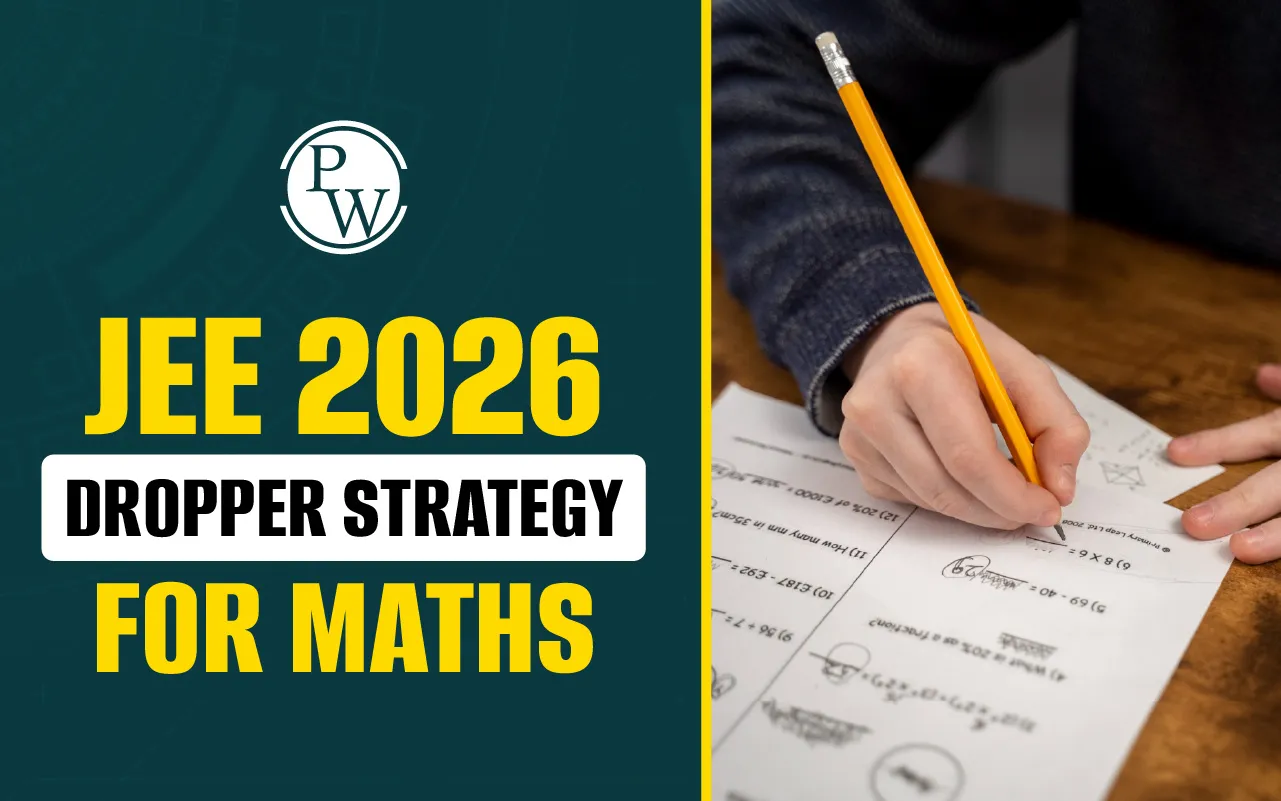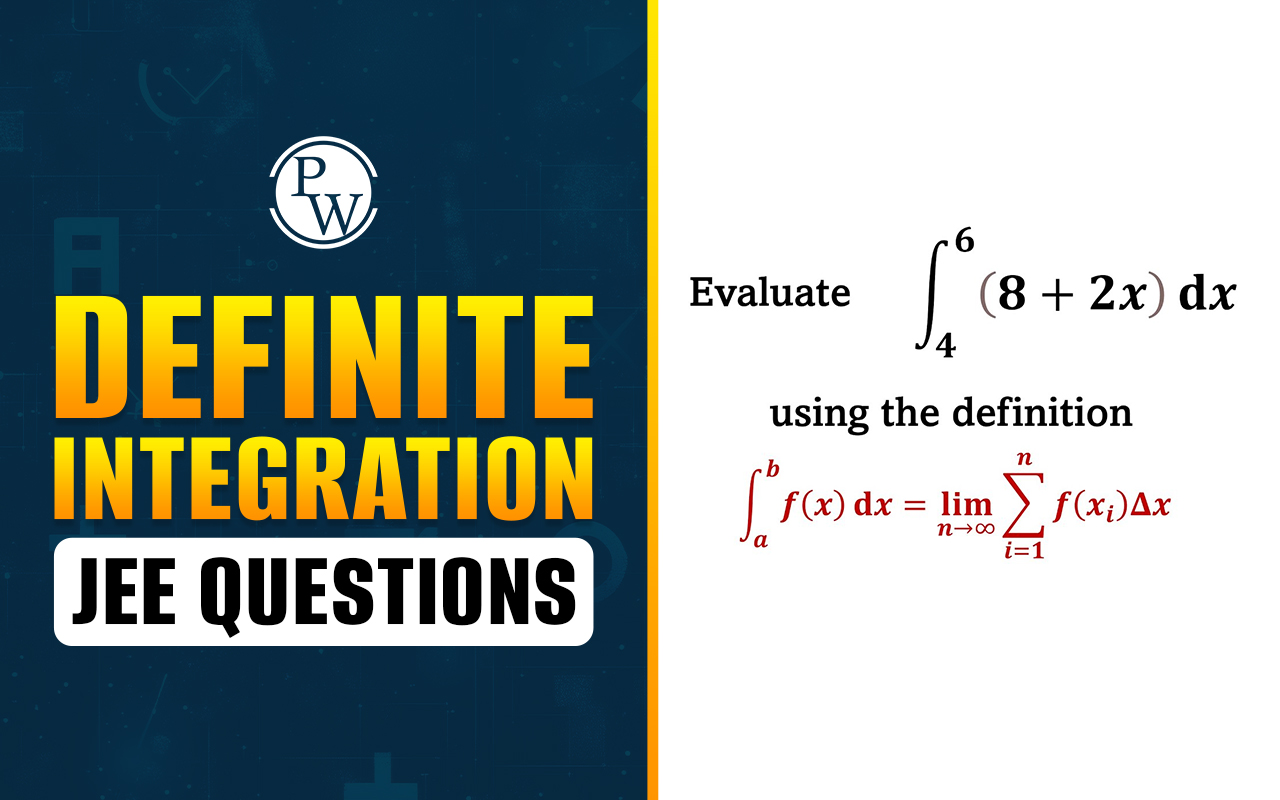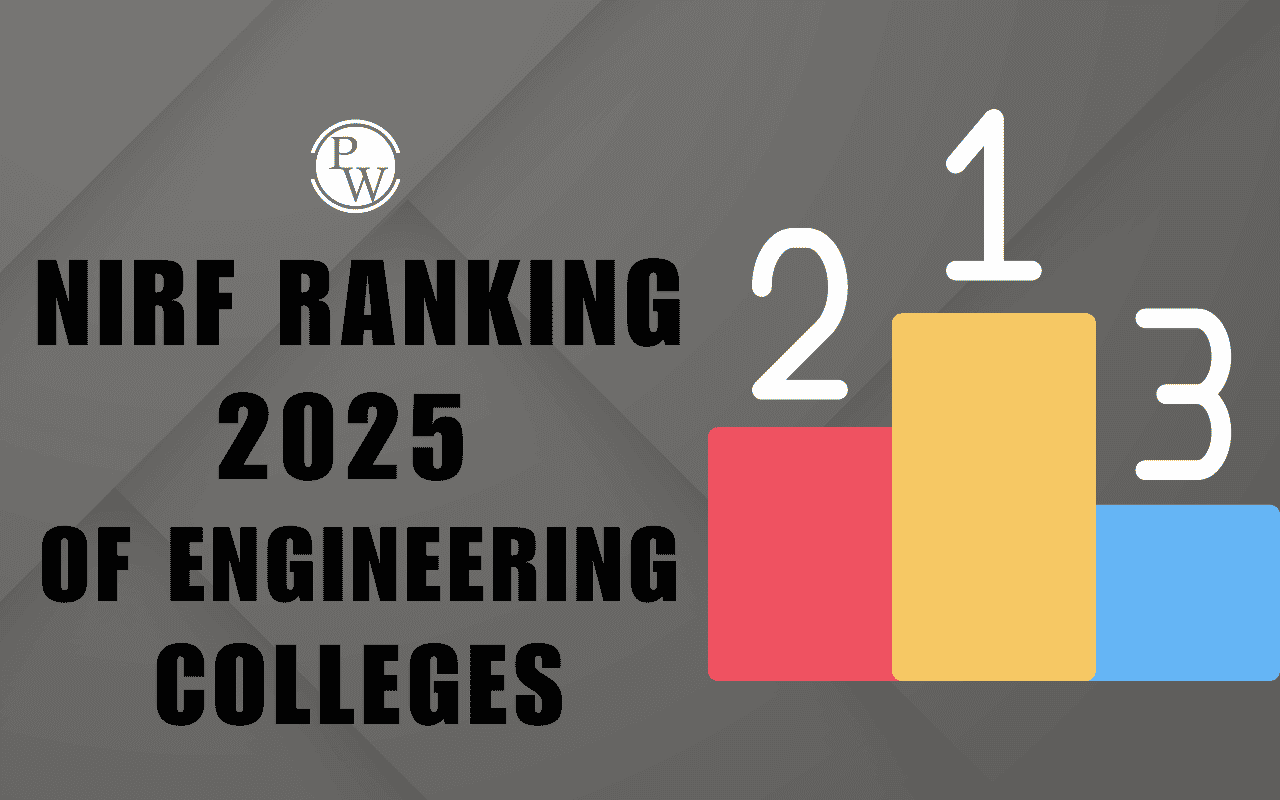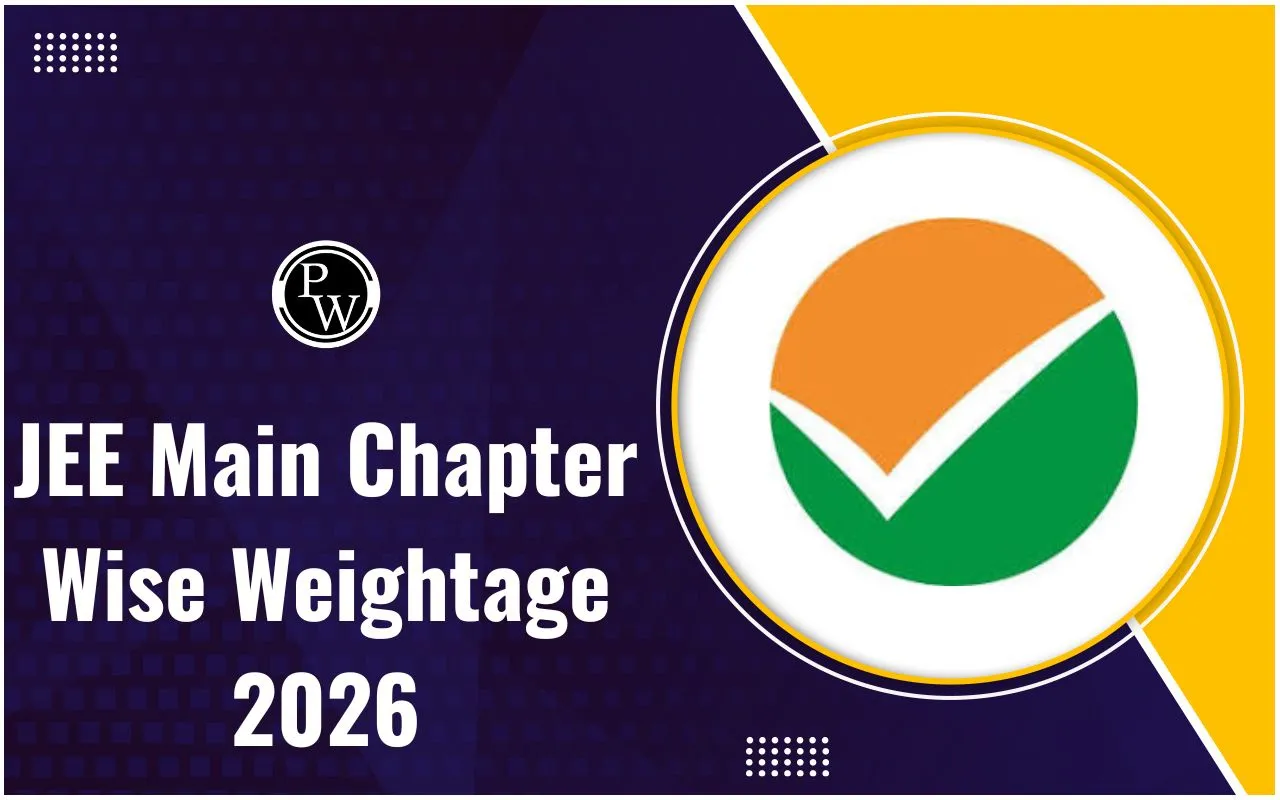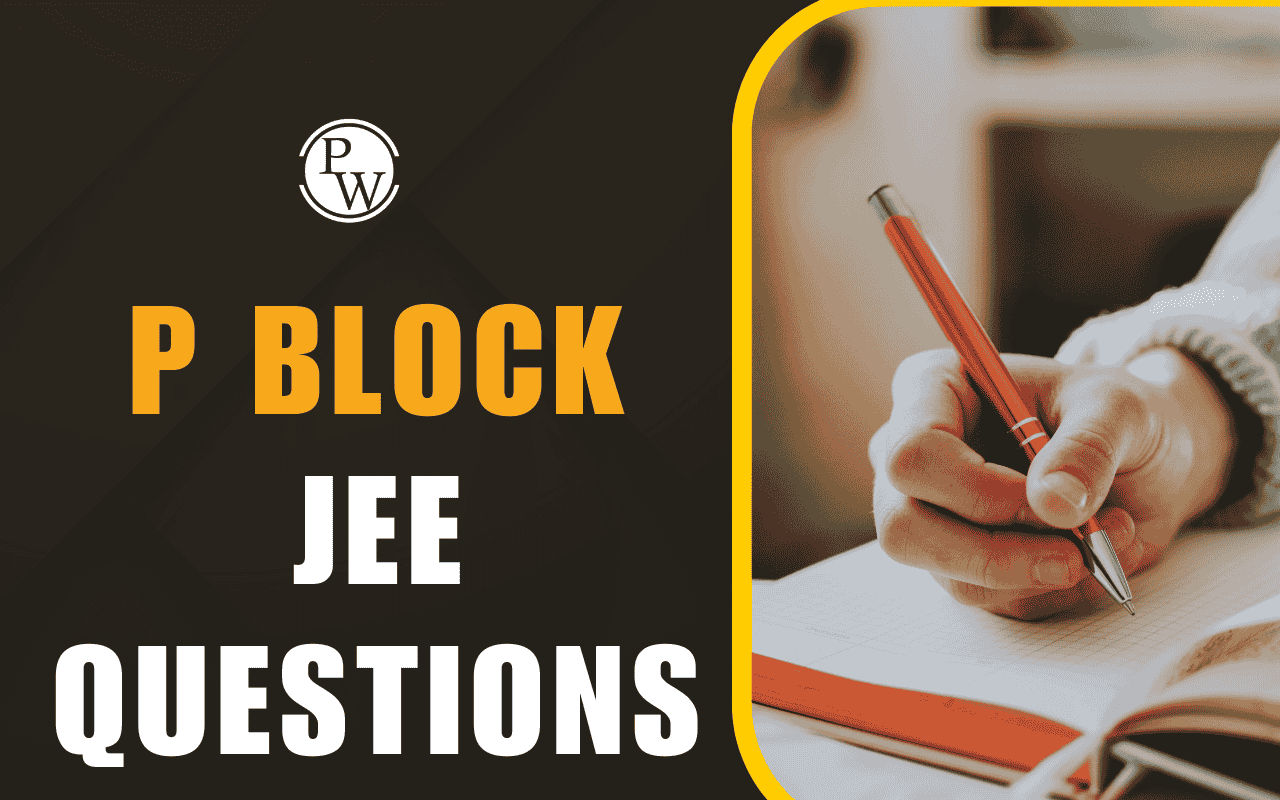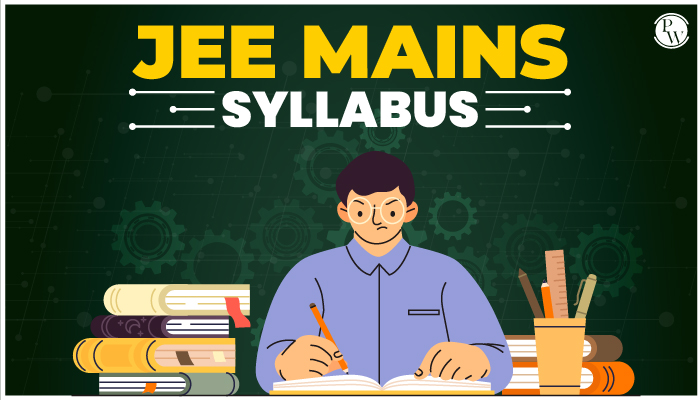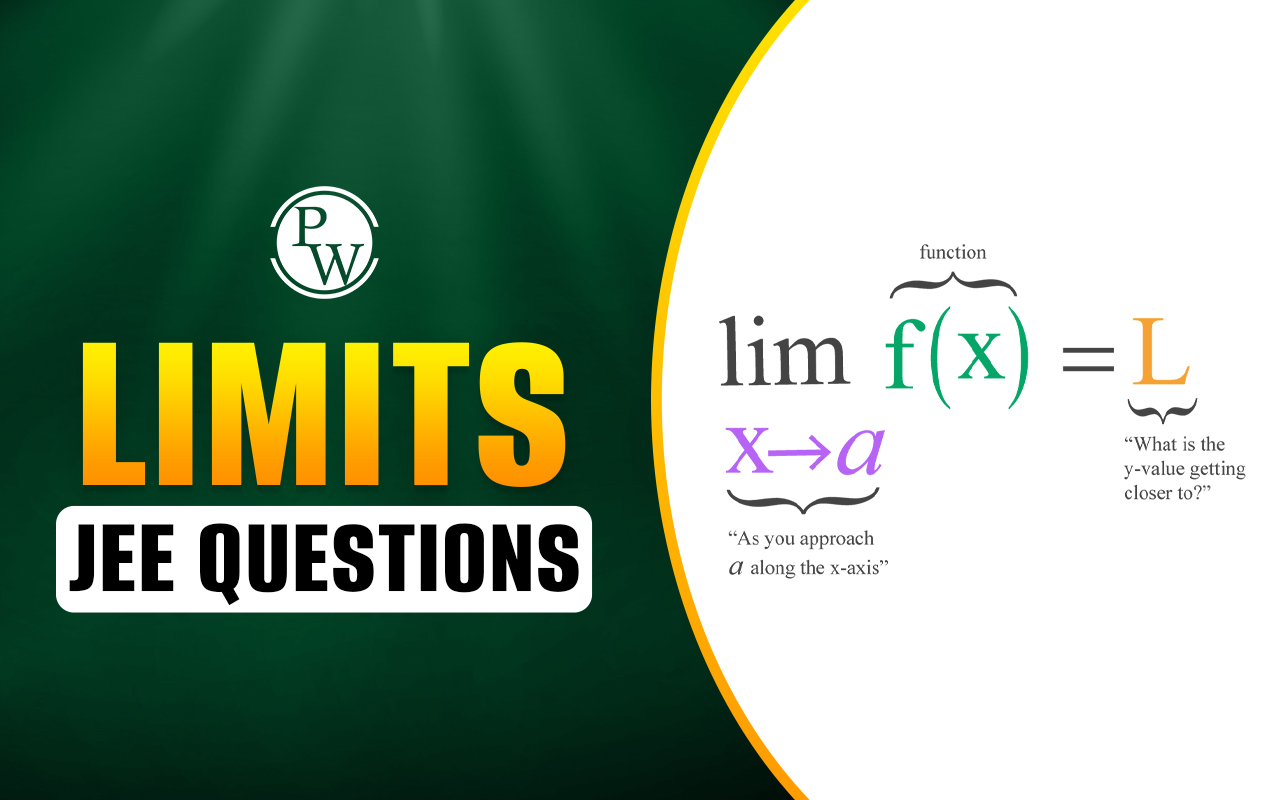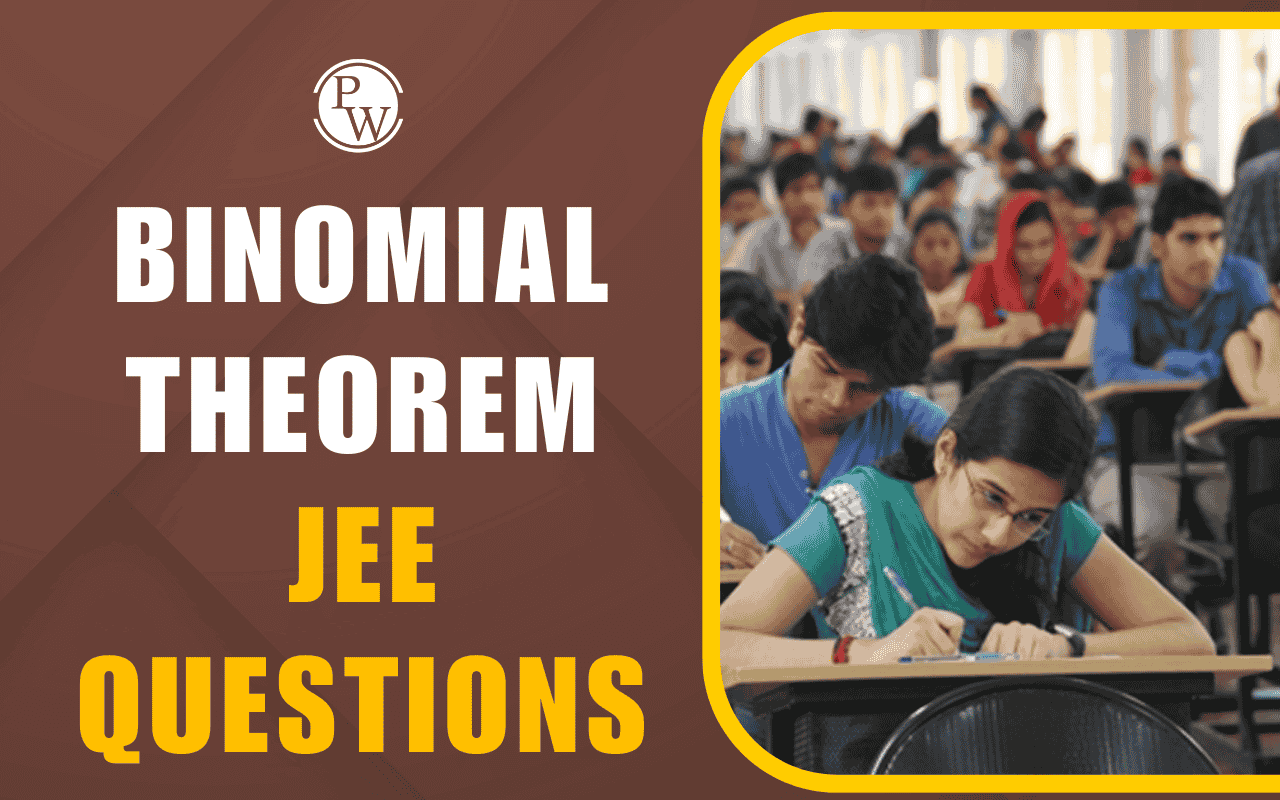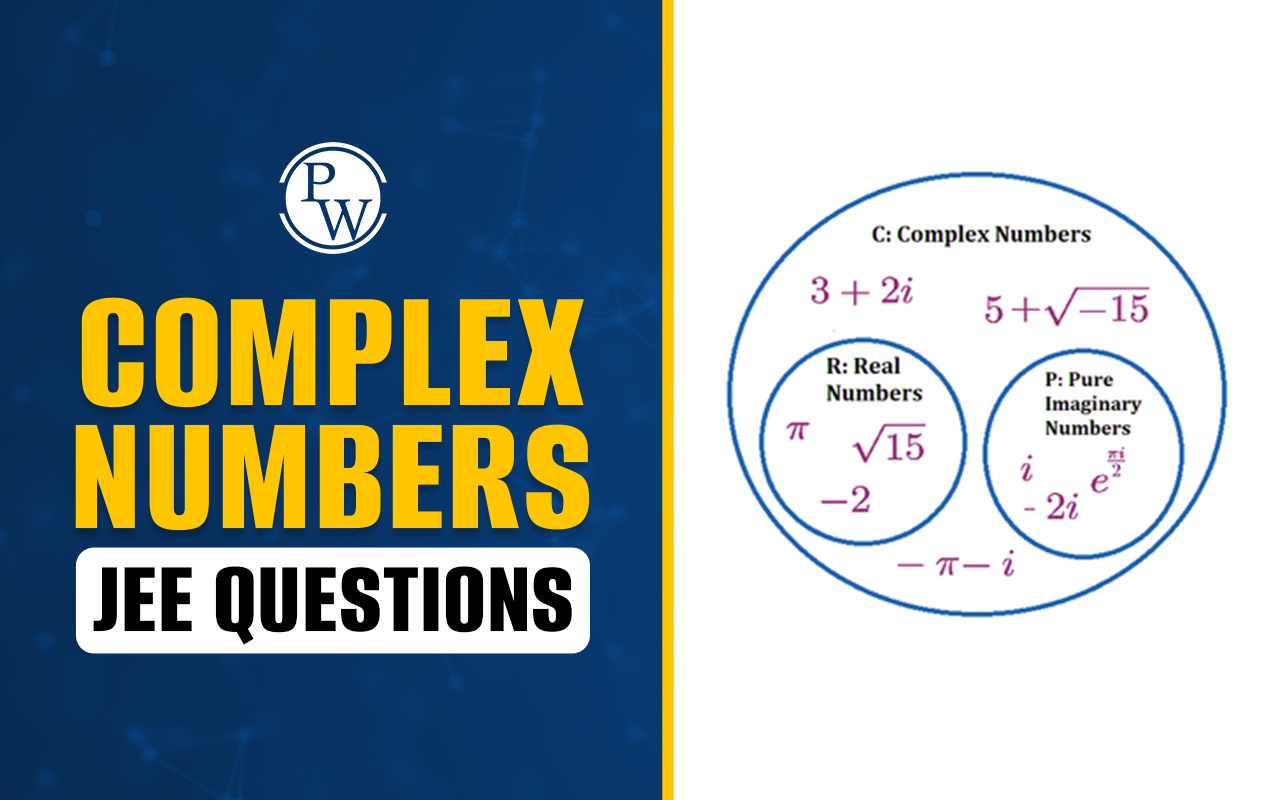
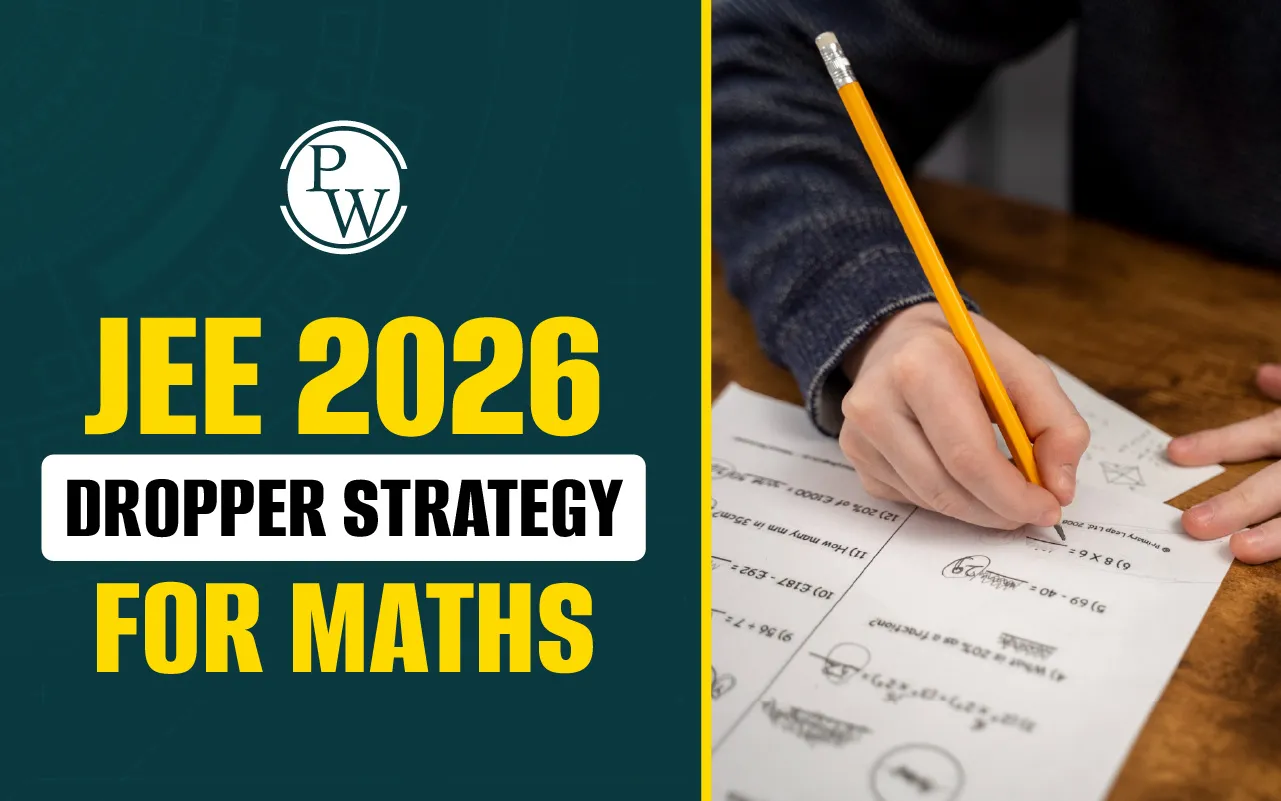
JEE 2026 Dropper Strategy for Maths: A drop year can be a golden chance to correct previous errors and strengthen your preparation. Most JEE toppers have cleared the exam with a dedicated drop-year plan. We share a comprehensive and implementable JEE 2026 dropper plan for Maths that encompasses topic-wise preparation, error prevention, revision strategies, and speed-accuracy development techniques.
If you are puzzled about where to begin, how to allocate your time across topics, and how to study intelligently, this systematic JEE 2026 dropper strategy for Maths will lead you step by step towards achieving 90+ in JEE Mathematics. If you're unsure how to begin your Maths for JEE Mains preparation as a dropper, we provides a structured roadmap to success.
Also Check:
JEE 2026 Dropper Strategy for Maths
JEE 2026 Dropper Strategy for Maths is a targeted plan to enhance conceptual clarity, problem-solving, and exam performance in all important Maths subjects—Algebra, Calculus, Geometry, and Trigonometry. The strategy encompasses an equitable weekly plan of study, practice, and revision, with greater emphasis on high-weightage chapters.
Key points are NCERT revision, PYQ practice, mock tests at regular intervals, and error analysis. With persistent hard work and wise planning, droppers can improve their Maths score and target 90+ in JEE 2026.
How to Approach Maths for JEE 2026?
An effective JEE 2026 dropper plan for Maths begins with building the correct mindset and subject strategy. While Chemistry or Physics involves some application-oriented aspects, Mathematics is purely logic- and application-based. Thus, proper conceptual knowledge, practice, and regularity are a must.
-
Algebra: Study topics such as Quadratic Equations, Sequence and Series, and Complex Numbers earlier in your studies, as they are the foundation for subsequent chapters.
-
Calculus: This is among the most scoring topics if handled properly. Begin with Limits and Continuity and build up gradually to Differentiation, Integration, and Applications.
-
Coordinate Geometry: Visualization and proper diagramming are important. Pay special attention to concepts such as Straight Lines, Circles, and Conic Sections with careful practice.
-
Trigonometry & Vectors: Learn key identities by heart, and develop precision with practice and MCQs.
JEE dropper strategy for Maths requires sub-branch-wise command, so dedicate specific weekly time slots to each sub-branch while keeping the topics changing frequently to ensure variation.
Chapter-Wise Priority List for JEE Maths (Based on Previous Year Trends)
Understanding chapter-wise weightage helps you prioritize what to study first and which chapters to revise more frequently. Based on recent analysis of JEE Main 2025 (January and April sessions), here's a curated list:
|
JEE Main 2026 Maths Chapter-wise Weightage |
||
|
Chapter Name |
Question No JEE Main 2025 January session |
Question No JEE Main 2025 April session |
|
Three-Dimensional Geometry |
18 |
17 |
|
Matrices and Determinants |
18 |
15 |
|
Differential Equations |
15 |
9 |
|
Vector Algebra |
12 |
10 |
|
Definite Integration |
11 |
9 |
|
Sequence and Series |
13 |
13 |
|
Straight Lines |
11 |
9 |
|
Binomial Theorem |
11 |
13 |
|
Set Theory and Relations |
11 |
9 |
|
Application of Derivatives |
4 |
9 |
|
Functions |
10 |
11 |
|
Probability |
12 |
9 |
|
Limits of Functions |
10 |
9 |
|
Permutations and Combinations |
12 |
9 |
|
Circle |
5 |
4 |
|
Differentiability & Method of Diff. |
2 |
2 |
|
Quadratic Equations |
8 |
8 |
|
Complex Numbers |
8 |
8 |
|
Statistics |
4 |
5 |
|
Hyperbola |
5 |
7 |
|
Continuity |
2 |
2 |
|
Trigonometric Equations |
2 |
5 |
|
Parabola |
10 |
6 |
|
Indefinite Integration |
5 |
3 |
|
Inverse Trigonometric Functions |
7 |
4 |
|
Ellipse |
7 |
9 |
|
Trigonometric Ratios and Identities |
3 |
2 |
|
Solutions of Triangles |
0 |
0 |
|
Basic Mathematics and Logarithms |
1 |
0 |
From this trend, JEE maths important chapters like Calculus, Algebra (especially Matrices, Determinants), and Coordinate Geometry emerge as high-priority areas in your JEE 2026 dropper strategy for Maths.
Practice Strategy for JEE 2026 Maths (PYQs, Mock Tests & NCERT)
Regardless of how powerful your idea is, practice holds the key to your ultimate performance. Here's an intelligent practice plan:
-
NCERT Foundation: Students usually wonder, "Is NCERT enough for Maths in JEE Mains?" NCERT is good enough for fundamentals but not enough for solving tricky problems. Refer to it as a foundation and then shift to books such as Cengage or Arihant Skills in Mathematics.
-
PYQs: Solution of past 10 years' JEE Maths papers will enable you to identify patterns and repeatedly asked question types.
-
Mock Tests: Try one mock test per week. Try to focus on marks as well as time management, correctness, and error analysis.
-
Daily Practice: Opt for 40–50 questions per day with a blend of Algebra, Calculus, and Geometry. Prepare time-bound attempts to closely mimic the exam hall.
This strong yet balanced practice routine is the core of your JEE 2026 dropper plan for Maths.
Also Check:
Common Mistakes JEE Droppers Make in Mathematics Preparation
In spite of having an entire year to prepare, most droppers fall prey to the following traps:
-
Skipping Basics: Skipping to tougher questions without a proper understanding of the basics results in perpetual mistakes.
-
Irresponsible Time Management: Allotting too much time to one question while practicing or even on the test itself minimizes the opportunity to attempt easier questions.
-
Failure to Have an Error Log: Unless you monitor and review your errors, you are likely to commit the same mistakes.
-
Unbalanced Approach: Devoting the whole week to Calculus and not touching Trigonometry or Probability unbalances the requirement in your JEE 2026 dropper plan for Maths.
Early spotting and correction can help you keep improving your score.
How to Revise JEE Mathematics During Drop Year?
A well-structured JEE Maths revision strategy is crucial for long-term retention, especially since Mathematics relies heavily on logical understanding and consistent practice.
-
Weekly Revision Days: Spend 1 day a week just revising. Work through formulae, shortcuts, and weak spots.
-
Short Notes: Make a revision register containing formulas, theorems, and essential tricks. This is your first look before exams.
-
Formula Flashcards: Flashcards for key identities and calculus tricks. Go through them weekly.
-
Topic-Wise Revision Tests: After studying a chapter, take a 20-30 question test on that chapter. It builds memory through practice.
This organized revision schedule is an essential component of your JEE 2026 dropper plan for Maths.
How to Build Speed and Accuracy in Maths for JEE 2026?
Speed and accuracy cannot be compromised to achieve 90+ in Maths. Follow these to develop them:
-
Timer Practice: Always attempt questions in a timed environment. Practice with a stopwatch to develop time discipline.
-
Mock Test Simulation: Attempt full-length exams in exam conditions weekly. Review performance and get better.
-
Error Review Journal: Maintain a notebook of dumb errors, wrong assumptions, and omitted steps. Go through it prior to each test.
-
Speed Tricks & Patterns: For subjects such as Quadratic Equations or Binomial Theorem, memorize intelligent shortcuts and identify recurring patterns.
By integrating these speed-building exercises, you’re giving a sharper edge to your JEE 2026 dropper strategy for Maths.
JEE 2026 Dropper Strategy for Maths FAQs
What are the JEE maths high-Weightage chapters for 2026?
Is NCERT Enough for JEE Mains Maths?
What is the Maths Weightage in JEE Mains 2026?
How to achieve 90+ in JEE Maths as a dropper?
What is the optimal JEE dropper strategy for Maths?
How can I balance all topics in my drop year?

